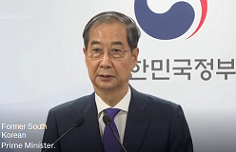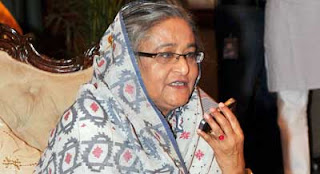- The Civic group warns special tribunal could delay trials, infringe judicial independence.
 Seoul, Sept. 5.– People’s Solidarity for Participatory Democracy has called for a cautious approach to the Democratic Party’s push to establish a special tribunal for insurrection cases.
Seoul, Sept. 5.– People’s Solidarity for Participatory Democracy has called for a cautious approach to the Democratic Party’s push to establish a special tribunal for insurrection cases.
They argue that, given the current situation where the first trial of the insurrection case has significantly progressed, pushing for a special tribunal could instead lead to trial delays.
In a commentary released on the 4th, People’s Solidarity for Participatory Democracy pointed out: “At this point, if legislation is enacted to change the trial court, trial delays are inevitable due to legislative procedures and trial renewal processes.”
- Hits: 347






